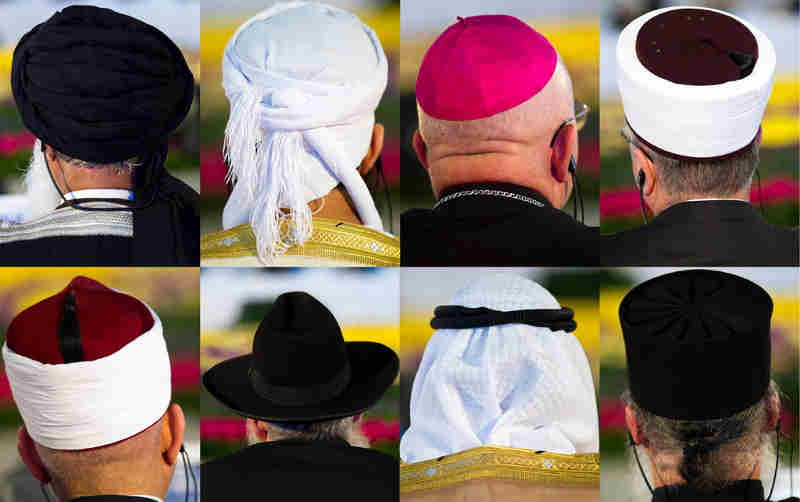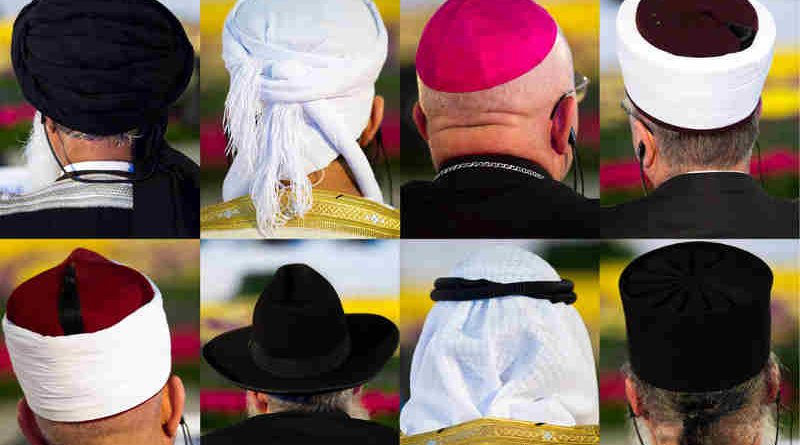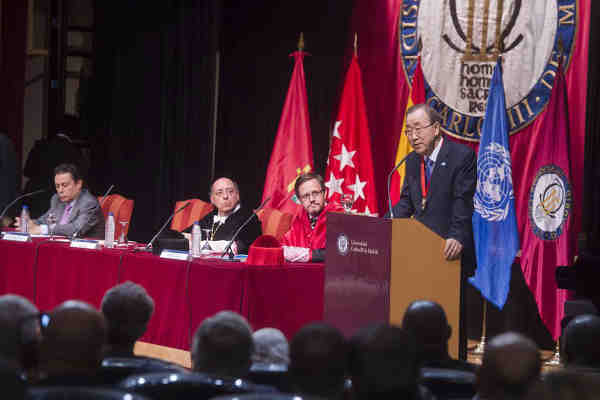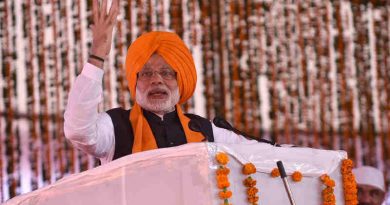What Is the Role of Religion in International Affairs?

Religious leaders and faith-based organizations have a responsibility to contribute to peaceful societies and the international community must support these peacemakers in their daily activities. It was stated Monday by the United Nations (UN) official mandated to fight genocide.
Adama Dieng, the UN Special Adviser for Genocide Prevention and the Responsibility to Protect, said that religious leaders “have a responsibility to contribute to the building of peaceful, inclusive and cohesive societies that are resilient to conflict, violent extremism and atrocity crimes.”
He was addressing the third annual symposium on ‘The Role of Religion and Faith-Based Organizations in International Affairs,’ at UN Headquarters in New York.
[ Is Yoga an Exercise for All Religions? ]
The Office of Mr. Dieng is one of the sponsors of the symposium, along with the UN Inter-agency Task Force for Engagement with Faith-based Organizations and the Committee of Religious NGOs at the UN. This year’s thematic focus is on just, inclusive and sustainable peace.
Mr. Dieng, who was in Doha participating in a meeting on the responsibility to protect, delivered his address via a video message. He said the primary responsibility for creating sustained peace lies with States, who must promote the values of diversity and manage diversity constructively – however, “collaboration” with religious leaders remains vital.
[ Is Islam the Common Enemy of All Religions? ]
“They can reach out to and influence large numbers of people,” said Mr. Dieng. He added that religious leaders “provide support during emergencies, respond to the needs of marginalized communities, as well as address grievances as soon as they emerge and advocate for the rights of their communities.”
Last year, the UN Security Council passed resolution 2282 (2016) , which calls for a comprehensive approach to transitional justice and accountability to consolidate peace, reduce poverty and prevent countries from relapsing into conflict.





